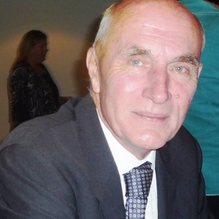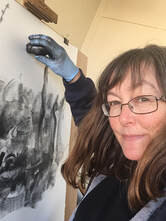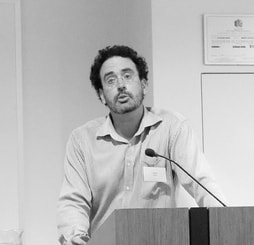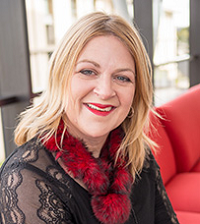|
by Jim Belshaw  Back in Armidale on a visit, I went down to the Newie (Armidale’s New England Hotel) for a Friday night drink with Uncle Ron and some of his country mates. The stories flowed, some of them very entertaining indeed. “Why don’t you write them down," I said. Everybody suddenly got very self-conscious. “We’re not writers”, they said. This is a not unusual reaction. The problem, I think, is that we have mystified writers and writing, turning it from a simple process into a capitalised art form. This is compounded by school experiences that have taught us not that we should write but that we must write in a particular way, that focus on the mistakes we make in writing. by Becky Holland  Fiona left school in year 11 and did a variety of jobs. In 1985 to 1990 she attended the Julian Ashton Art School in Sydney. Founded in 1890, it is the oldest continuous fine art school in Australia and is still operating today in assisting artists achieve their dreams. Over the years, Fiona has thought of herself mostly as a visual artist doing black and white pen drawings, but also gouache colour pictures. Most recently, Fiona took an opportunity to be part of Stuff of Tales. Each writer or artist is paired up with a museum in the New England area and conducts workshops. Fiona had the chance to explore Saumarez Homestead with the view to select an item from the collection to become the basis of a story. By Becky Holland  How do you begin a poem? For me, a poem begins with an inspired, though fleeting, thought or impression that I realize I must write down promptly, or risk losing. I tend to begin poems outside, in contact with the earth—with a notebook, leaning against a tree or smelling a plant—but I usually finish poems indoors, in insulated comfort, and occasionally a long while after I initiated them. I’m fascinated by language, and particularly by archaic and scientific terminology, so poems can be prompted by odd words. On a much different note, a poem sometimes begins with a broiling sense of indignation that I feel I should set free. By Becky Holland  Trish Donald is a previous board member of the New England Writers’ Centre. Her artwork regularly makes an appearance in the newsletter. In 2018 Trish launched her first book with Little Pink Dog Books who were looking for emerging authors and illustrators. Little Pink Dog Books liked some of her monster drawings and asked if she would write and illustrate a book where those monsters were Worry Monsters - manifestations of a child's anxiety. They asked if the child could overcome her Worry Monsters by using mindful breathing, that would help young children cope with their anxiety. It aligned with Trish’s desire to help parents and children connect through books, and so began "Tissy Woo and the Worry Monsters". Pitch Independent — Sophie Masson (NEWC Chairwoman)As one of the three co-ordinators for the New England Writers’ Centre’s big Pitch Independent program, I am happy to report that it was a brilliant success!
The prep day two weeks ago went really well, with lots of people getting advice and practising their pitches in front of local publishing professionals. We hosted a fantastic lineup of some of Australia’s best small and independent book publishers and literary magazine editors, who participated in a lively and engaging symposium, heard lots of one-on-one pitches from writers in all genres as well as illustrators, and generally gave generously, and warmly, of their time, knowledge and expertise. |
AuthorThe NEWC Board Archives
June 2024
Categories
All
|